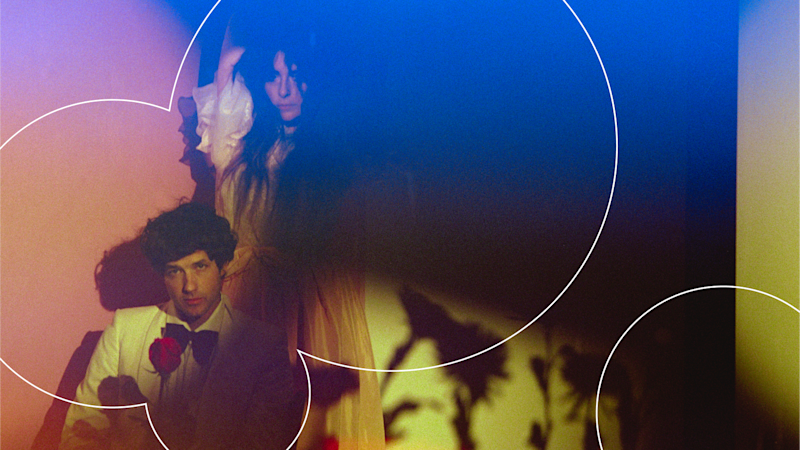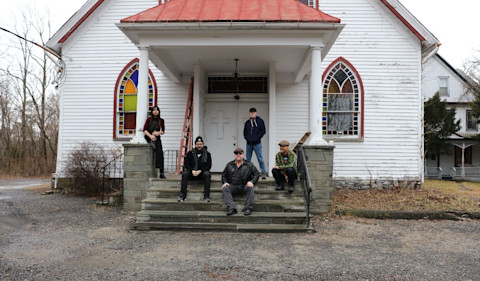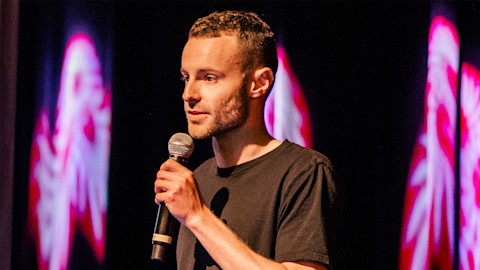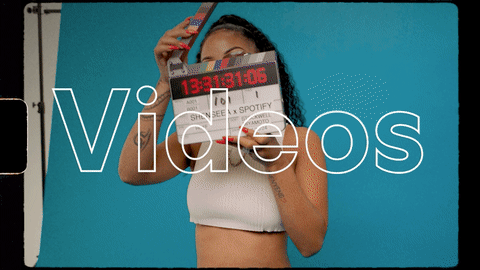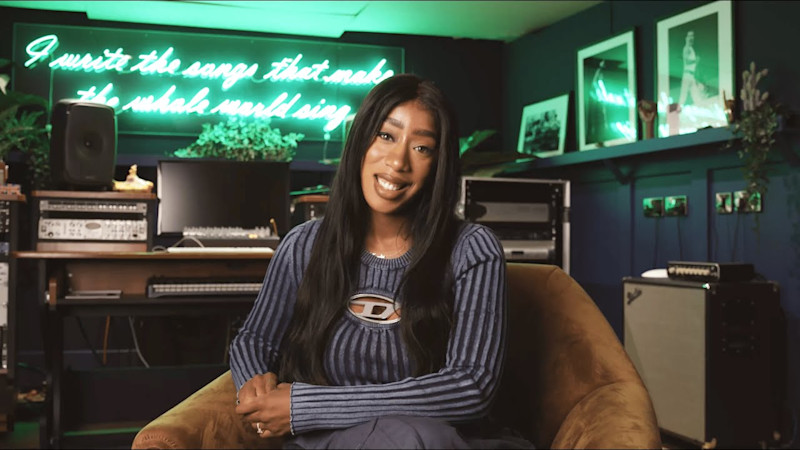After getting her “BO$$” credentials as Fifth Harmony's resident vocal powerhouse, Ally Brooke decided she was “Worth It”—and rather than “Work from Home” amid so many laurels, she'd be “Miss Movin' On” and launch a proper solo career. And that (we promise) is the end of the 5H song puns because in January, Brooke dropped her first official single, “Low Key,” an urban-inflected Latin-pop banger featuring a guest verse from chart-crushing MC Tyga.
Brooke spent a year going to the studio nearly every day. "At multiple points," she recalls, "I was like, 'I'm not sure the right record is going to happen.'" But, of course, it did. Now, with an album planned for the fall, a memoir (Finding Your Harmony) slated for April, and rumors of a tour in between ("Wink wink," says Brooke), we thought it'd be the perfect time to talk to this 25-year-old about what it's like leaving a world-conquering group behind to do your own thing.
Spotify for Artists: You recently said, "People never really got to see to the true me [in Fifth Harmony]." What's different about this Ally Brooke?
Ally Brooke: When you're in a group, you're part of a whole, which means you're unable to be a whole entity. [Fifth Harmony] taught me so much about what I wanted for my future, but my true potential was never shown. I'm fully able to be myself now—people are going to see what I can do onstage, on record, in a video, as an artist. Everything from my wardrobe to my lyrics is how I choose to express myself.
Clearly you're happy, but after having a band of sisters by your side every step of the way, what other emotions did you experience as you embarked on a solo career?
Honestly it was just excitement. I looked forward to everything I'd do on my own and making the music I wanted to make. A lot of people don't know but I pursued a solo career before the group, so it's like coming full circle. And not only career-wise—I strengthened my relationship with my family and reconnected with friendships that had been lost over the years because I'd gotten so busy and my world became so different. So it was really about getting back to who I was.
What would you say to a younger artist in a group who’s feeling scared to follow her solo dream?
Trust the process. Every situation is different but above all, listen to your gut, be kind to people, and be honest with yourself and about what's going on. I put everything I could into my group and when the time was right, it naturally progressed. So for me it was trusting that I was in the group for a reason and trying to enjoy the opportunities I had in it—that's what I had to do.
The Fifth Harmony schedule was grueling. Is it better or worse now that it's all you?
Oh, it's so much better. In a group there's so many moving parts. It's a big machine, but now it's just me and I'm working to promote my music and I get to perform my songs. I love to work and the fact that I finally have a song out... I tell my team I want to be exhausted at the end of the day.
You're still flexing those dance moves in the "Low Key" video. Was there anything you had to do in the group, like choreography, where now you're like, "No thanks"?
No, I want to be an entertainer so I wanted all of that. I had Beyoncé and Britney, J-Lo and Lady Gaga as inspirations. I think it's more about stepping into my own. Like for the video, I knew I didn't want it to just be a background beauty shot. I wanted a narrative and when I met with the director [Mike Ho], I told him, "I want this to be like a mini movie." He was like, "That's what I do best."
What did you discover about yourself as a writer during your year in the studio?
I had to release all of my little insecurities and not overthink. When I would get in the studio with another writer, sometimes I'd get nervous because I hadn't done it that much, so at first it was about getting comfortable. But it turns out I have some strong ideas and lyrics, which is a great lesson for anybody—to not let yourself get in your own way. It was really liberating and inspiring to be in a situation where it was like, "Say what you want to say and we'll work on it together."
What do you find yourself looking for in collaborators now that you can be choosy?
People who are willing to rework a song as many times as it needs to be worked. [Laughs] No, it comes down to people who feel like friends. Like Tyga. He's incredible and he's had an amazing year. But also, he's also such a down-to-earth person. He texted me the night "Low Key" came out: "I just wanted to say congratulations. This is only the beginning for you." Sometimes people are in and out and you don't hear from them again, but artists like Tyga come in and stay in.
What's been the hardest thing about going solo?
Finding my team. It's like speed-dating—you tell them your whole life and if it doesn't work out you're like, "Great, well, they have my heart and soul!" [Laughs] Honestly, that was tough. You get vulnerable and a little insecure. You question yourself, "Wait, am I doing this correctly?"
What about finding your sound when there's all this preexisting music you're a part of?
That was also a [challenge] but mainly because I'm in love with so many types of music. Keep playing and writing to find a sound. That's what I did, and when "Low Key" came into my life, the timing was perfect because I'd grown so much. Hearing it made me feel like my heart wanted to burst and that's when I knew: This is my first record.
—Chris Martins
